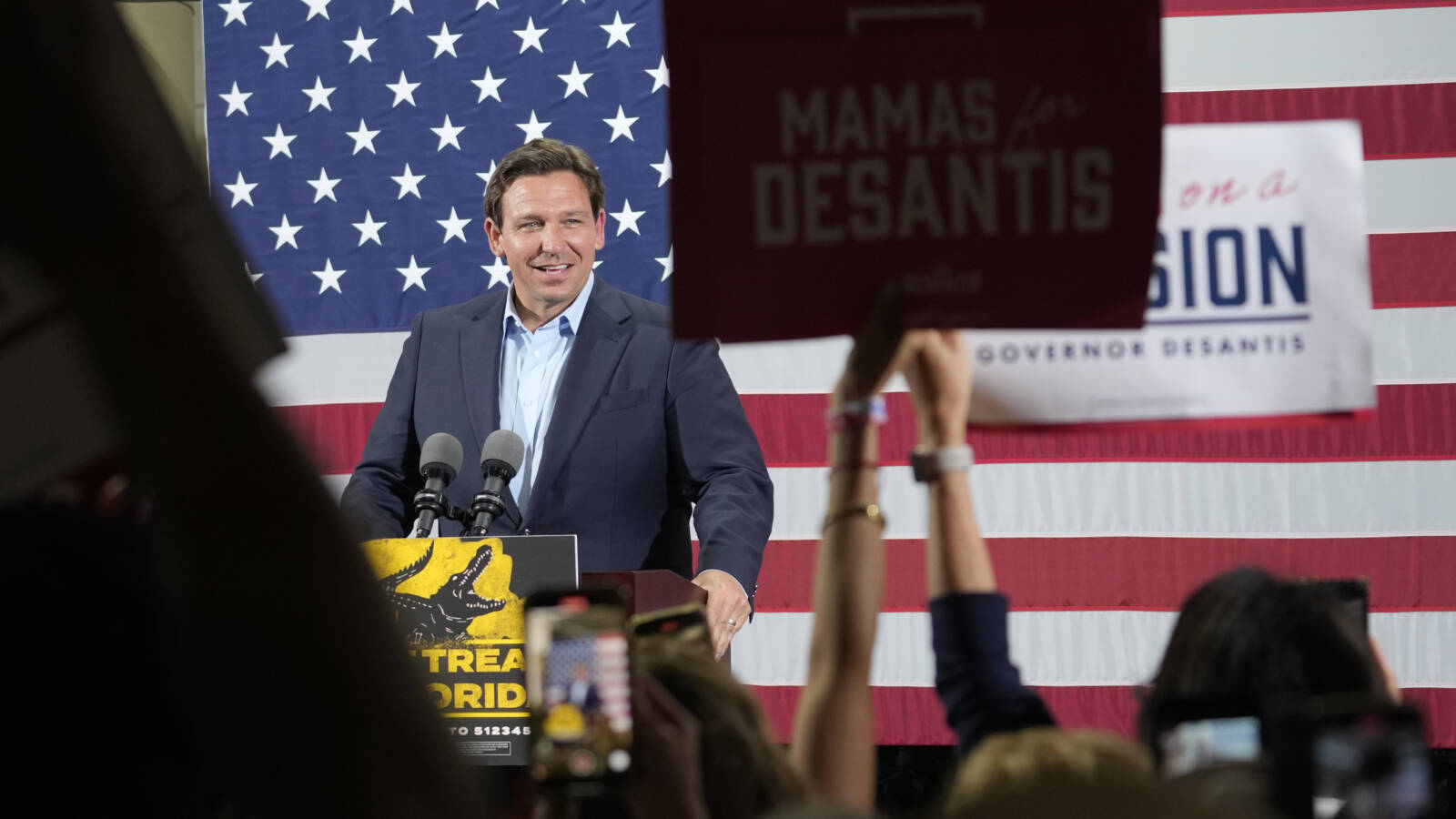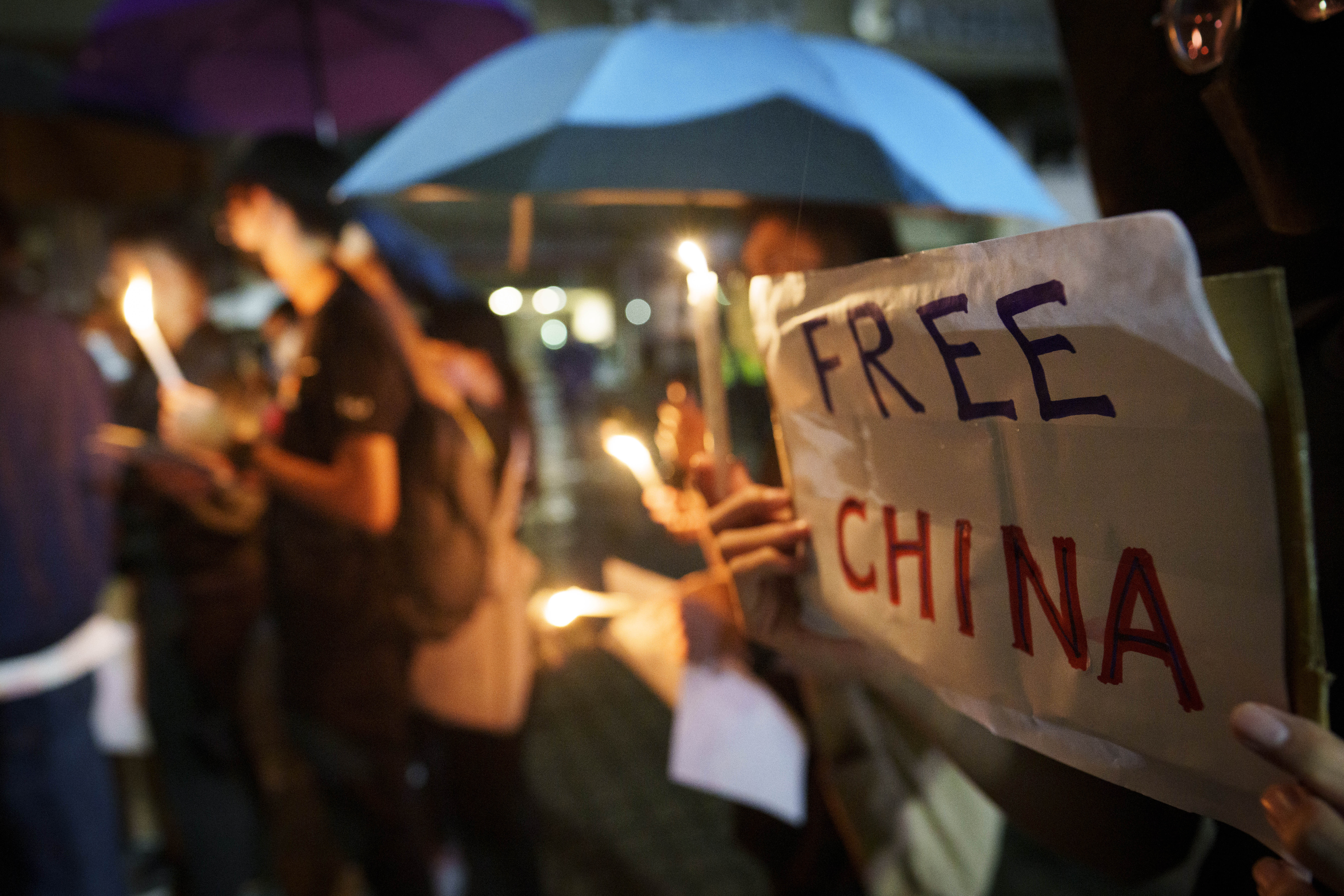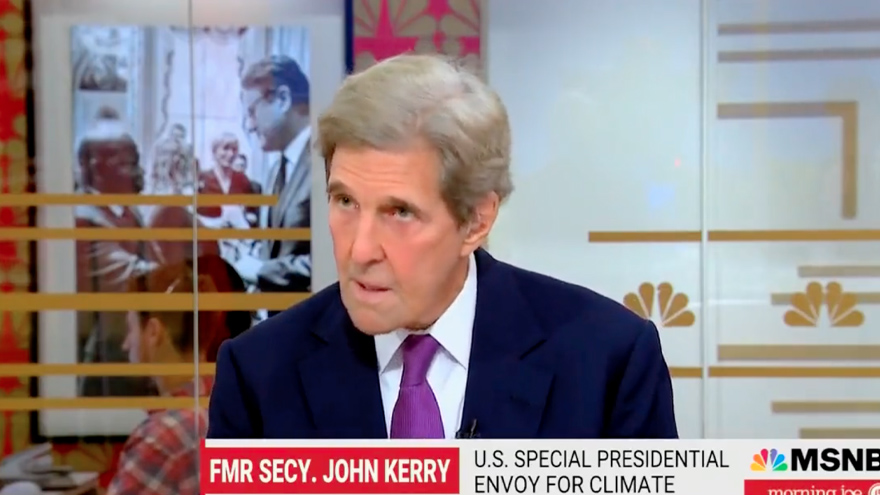Two of America’s most dangerous adversaries announced this morning that they had signed a 25-year economic and military agreement. The deal comes after Iran agreed to extend its nuclear relationship with Russia and China in 2018 and underscores the fact that the Trump Administration did not solve America’s problems with either country. In fact, some supporters of the Trump Administration’s trade war with China might be surprised at reports that China has $400 billion with which to bail out Iran when the US always seemed to be just around the corner from major Chinese concessions.
The new agreement, which was reported by the New York Times, has not been made public but reportedly contains a broad array of agreements on economic activities that range from agriculture to transportation to oil to mining. The two countries will also reportedly hold joint military training and share intelligence and research as well as tourism and cultural exchanges.
In return for its investment in Iran, China gets more access to oil to feed its growing economy. Iranian oil is still sanctioned by the US, but that has not stopped the Chinese from laundering crude from both Iran and Venezuela by shipping it through Malaysia and falsifying its paperwork, a move called the “Malaysia shuffle.” The Atlantic Council noted in February that Malaysia’s exports of oil to China more than double its actual production. Esfandyar Batmanghelidj @yarbatmanSince May 2019, when Trump reimposed sanctions on Iran’s oil sector, the value of China’s declared oil imports from Malaysia has consistently outpaced the *total value of Malaysia’s oil production*. Every month, China is buying around $500m worth of extra “Malaysian” oil. January 24th 202134 Retweets74 Likes
I’ve said before that Donald Trump’s foreign policy was misguided. His go-it-alone brand of international relations isolated the United States rather than our adversaries. As President Trump threatened tariffs and trade wars on most of America’s major trading partners, the Chinese were quietly putting together trade deals with nations that the US spurned.
In November 2020, China signed the Regional Comprehensive Economic Partnership, a major trade agreement with 15 Asian and Pacific nations. The RCEP includes Japan, South Korea, Australia, and New Zealand but not the US.
Ironically, the Biden Administration policies on China and Iran have so far not been markedly different from those of the Trump Administration. Trump’s tariffs on China have remained in place and Biden has not yet moved to have the US join the RCEP or to resurrect the TPP. Likewise, the sanctions on Iran have remained in place despite overtures by the Biden Administration for new talks.
On the other hand, Biden has been more vocal when it comes to China’s human rights abuses than President Trump. In February, the president warned “there will be repercussions for China” for its abuse of Uighurs and crackdowns in Hong Kong. President Trump largely focused on economic relations with China and only shifted to human rights concerns in the last few months of his presidency.
The last two Administrations have turned the US in an isolationist direction. Both the Obama and Trump Administrations sought in their own ways to pull back from world leadership and focus inwardly. One of the results of those policies has been China’s rise in the Middle East and Latin America. Although many on both sides want to see the US take a less active role in the world, neither seems to care for the obvious result of China expanding to fill the power vacuum left by American retreat.
Where the Biden Administration goes from here is uncertain, but with foes of America rallying together to circumvent US sanctions and pressure, the new president has his work cut out for him. So far, Biden is not knuckling under and has vowed that China will not become the world’s dominant power “on my watch because the United States is going to continue to grow.” His strategy of creating alliances to work against our opponents is more traditional than Trump’s unilateral assault on allies and foes alike, but there is much lost ground to regain.
Still, the alliance of China, Iran, and Russia represents a serious threat to American security and economic power. The triumvirate is reminiscent of George W. Bush’s Axis of Evil, given the authoritarian and murderous nature of the three regimes. (And the North Koreans, a member of the original Axis of Evil are still raising Cain, to use the Southern expression, as well.)
Our internal divisions make it more difficult to confront our external foes. When we focus on fake news and threaten civil war against ourselves it is the Axis of Evil that gains. If the center cannot hold then it is the outlying American influence that fails first.
Shifting gears…
Gallup is out with a new poll that shows American church membership in a long-term decline but one that has accelerated over the past few years. For the first time, a majority of Americans are not church members. Bruce Mehlman @bpmehlmanImagine no religion… fewer than half of U.S, adults belong to a church, synagogue or mosque. (Gallup) March 29th 202146 Retweets157 Likes
This is ironic because Donald Trump was supposed to have been the savior of American Christianity. To be fair, the decline didn’t start with him, but it did seem to accelerate over the past four years, dropping eight points between 2015 and 2020.
There are probably many reasons for the decline, which affects all subgroups, but I have to speculate that a primary cause has been the hypocrisy exhibited by many church members over the past few years. Too many in the church have jettisoned too many of their religious beliefs in exchange for political power. These Faustian bargains were not invisible to the larger public and undoubtedly convinced a great many observers that many Christians were not serious about their faith. If church leaders didn’t take biblical morality seriously, why should anyone else?
The current American church reminds me a lot of both the lukewarm church and the church that has lost its first love from Revelation. Maybe the church needs to get out of the business of politics and focus on the Gospel, which has been a disaster from both the political and spiritual perspectives. Christ commissioned us to win souls, not elections. (Amen or oh me?)
Follow David Thornton on Twitter (@captainkudzu) and Facebook
The First TV contributor network is a place for vibrant thought and ideas. Opinions expressed here do not necessarily reflect those of The First or The First TV. We want to foster dialogue, create conversation, and debate ideas. See something you like or don’t like? Reach out to the author or to us at ideas@thefirsttv.com.







